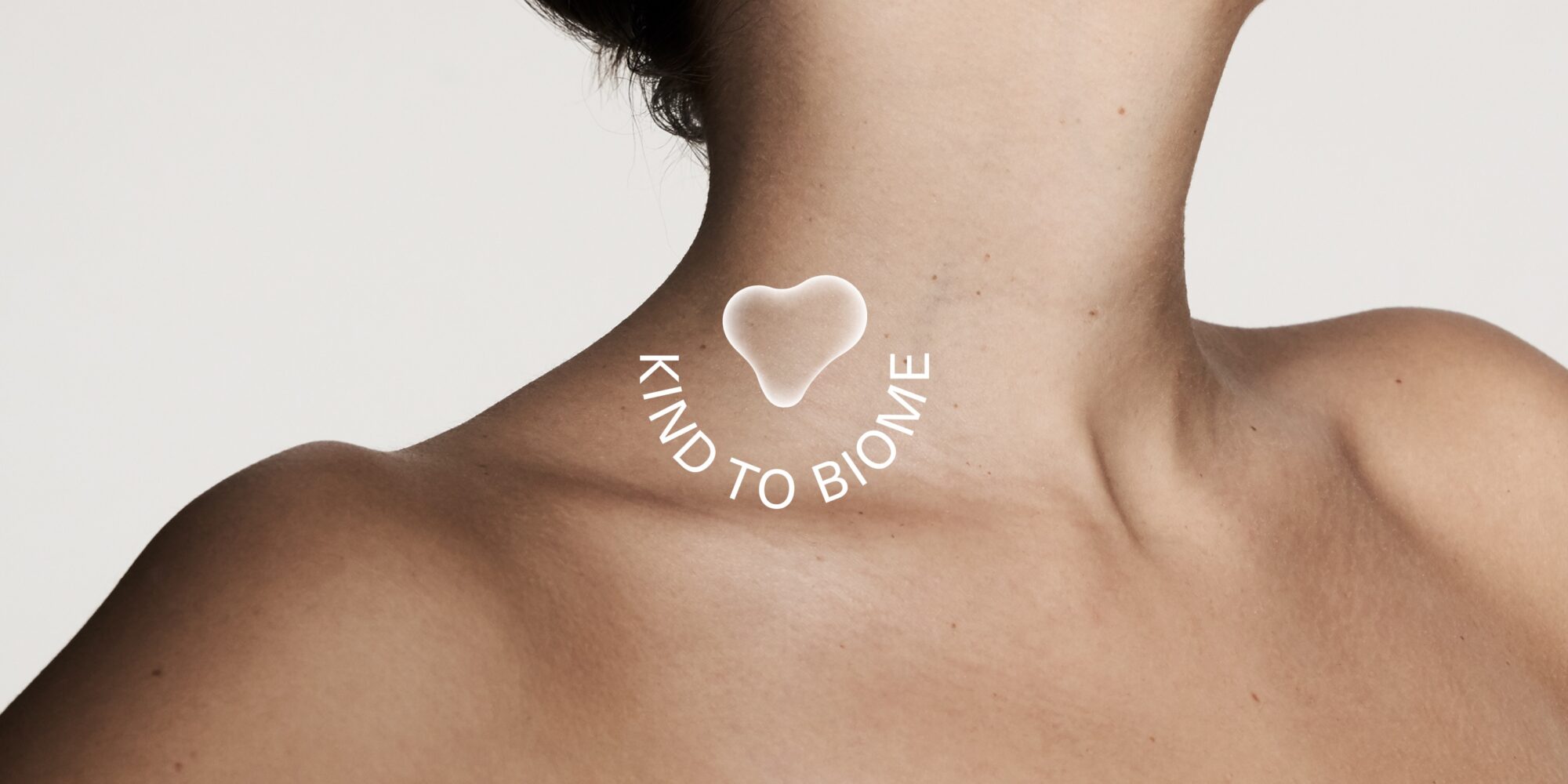
Kind To Biome, A Tester And Certifier Of Microbiome-Friendly Products, Grows Client Roster
As products claiming to support the skin microbiome proliferate, Kind to Biome is out to separate those that can justify the claim from those that can’t.
The Stockholm-based company substantiates whether formulas are compatible with the skin microbiome, a blanket of millions of bacteria, fungi and viruses that shrouds every person, through testing and issues a seal of quality to the formulas that pass muster. Started in 2021, Kind to Biome’s client roster includes The Nue Co, Haeckels, Hair by Sam McKnight, Shiseido, RMS Beauty, Votary and Melixir.
“The brands feel it’s very important to have products independently tested. Consumers want those proof points,” says Kind to Biome co-founder and CEO David Koo Hjalmarsson. “I think certifications are more important today than ever before.”
The company is informed by Koo Hjalmarsson’s experiences creating eco-conscious skincare brand Tiny Associates and previously helming direct-to-consumer skincare brand Norragen as CEO. At the brands, he discovered manufacturers largely weren’t knowledgeable about devising proper skincare products for the microbiome—and he decided there was room for a player with that knowledge.
“We saw a gap between the science and the commercialization of products. We try to fill that gap with Kind to Biome,” says Koo Hjalmarsson. “We can help our clients confirm that their products are microbiome-friendly, and we can also help them develop products from scratch to be microbiome-friendly.”
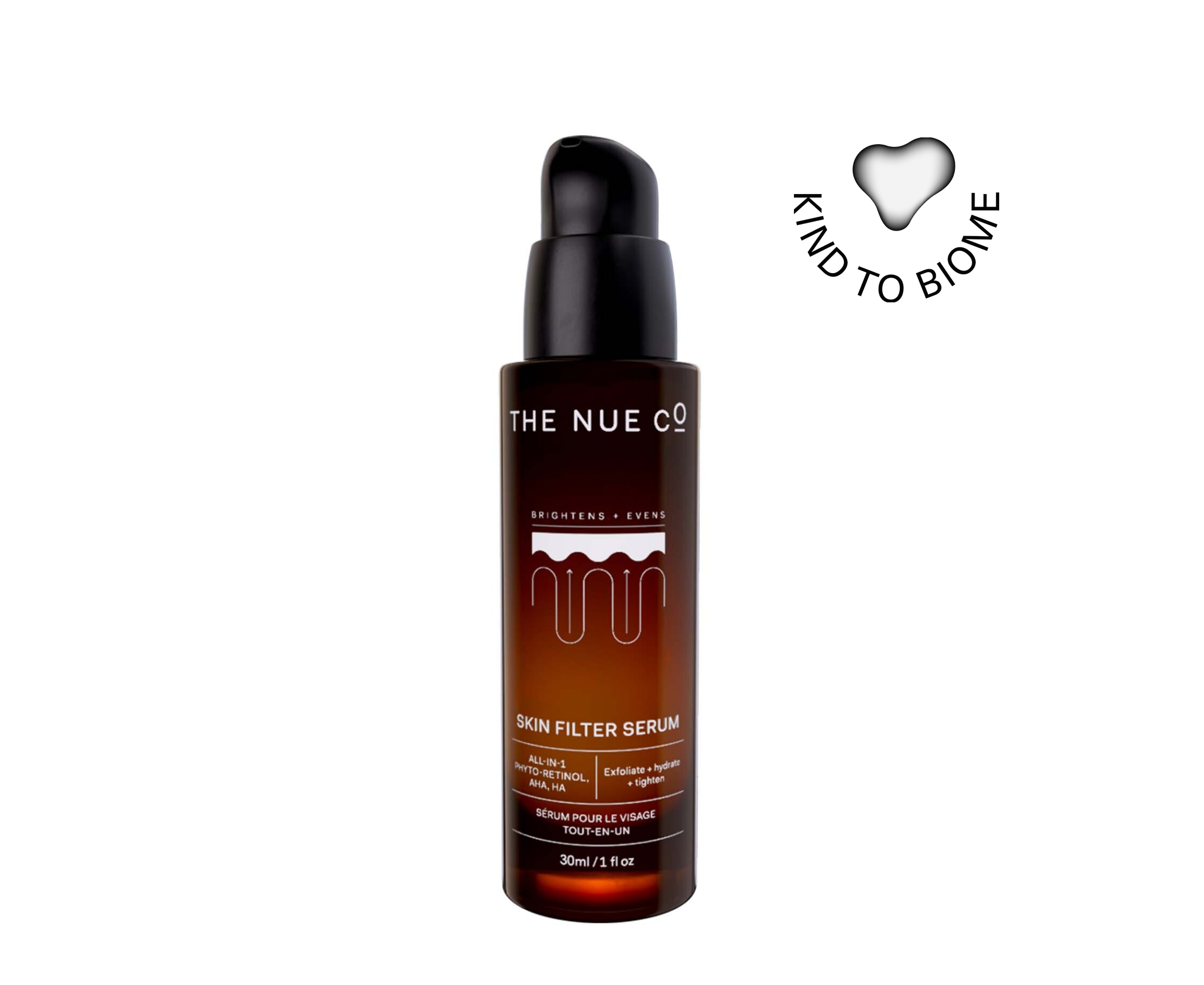
Kind to Biome’s four-phase testing process, which evaluates a formula’s impact on normal and pathogenic organisms in the microbiome and the diversity of those organisms, encompasses in vitro and ex vivo elements. The human element involves volunteers whose skin is swabbed to determine how a formula affects the species populating their microbiome.
If a formula scores well for microbiome gentleness during the testing process, it can receive Kind to Biome’s seal. The company is building a database of ingredients in the products it’s tested to accumulate information about microbiome-friendly compounds and assist with brand guidance.
Kind To Biome can test products for the face, scalp, body, foot, forehead, armpits, hands, intimate area, nasal cavity and mouth as well as baby skin. It generally takes two to four weeks for the process to be completed. Kind to Biome declined to divulge how much it charges brands for testing and certification.
“We had two objectives in developing the testing protocol: To make it scientifically robust and accessible,” says Koo Hjalmarsson. “We have tried to make it as robust as we can while also having a price that is accessible to different sizes of companies. It’s not only affordable to the L’Oréals and Estée Lauders of the industry.”
Kind to Biome has competitors in the field of skin microbiome testing and certifying. Led by microbiologist Kristin Neumann, MyMicrobiome offers in vitro microbiome testing for beauty products and was the first to provide independent microbiome-friendly certification. Its clients include Codex Beauty, Rebundle, Annemarie Börlind, Amorepacific, True Botanicals, Trilogy, Crude and Beekman 1802.
“We can help our clients confirm that their products are microbiome-friendly, and we can also help them develop products from scratch to be microbiome-friendly.”
Sequential Bio, a venture-backed company founded by scientist Albert Dashi and pharmacist Petronille Houdart, describes itself as the first company to offer in vivo microbiome testing for skincare, oral care, intimate care and scalp care products. Its clients include Gallinée, Boots, Johnson & Johnson, Wella, Usana and Pure & Cimple. HelloBiome is an artificial intelligence-powered microbiome testing platform focused on the face, scalp, body and vulva.
The skin microbiome space is getting crowded because there’s a belief that microbiome-related merchandise will be a huge business. According to Data Bridge Market Research, the global skin microbiome market is expected to advance at a compound annual growth rate of nearly 13.7% to go from almost $700 million in 2021 to $1.95 billion by 2029.
“In five years time or even sooner, I think that skin microbiome-friendly will become an industry-wide standard similar to cruelty-free and vegan,” says Koo Hjalmarsson. “We think that a large part of the clean beauty movement will metamorphize into microbiome-friendly. In conversation with the brands we’re working with, it’s validated that there will be an evolution of what clean stands for from what it is today. We see brands that have a legacy in the clean beauty movement being very interested in the skin microbiome.”
Still, understanding of the skin microbiome and the interactions of products with it remains in the early stages. Koo Hjalmarsson, “We are only scratching the surface with what we know about the microbiome, and technology needs to mature along with the regulatory landscape, so cosmetic products can claim what they do. At this point, the best claim that can be done by a cosmetic product is that it doesn’t interfere with the natural healthy microbiome of the skin.”
Looking to the future, he adds, “We feel cautiously optimistic that we can apply more solutions to the industry. We need to see where the science and technology head and bring costs down so that we can do this on a wide scale. For a while to come, we will be focusing on what we are doing now, but we are keeping our eyes on developments.”


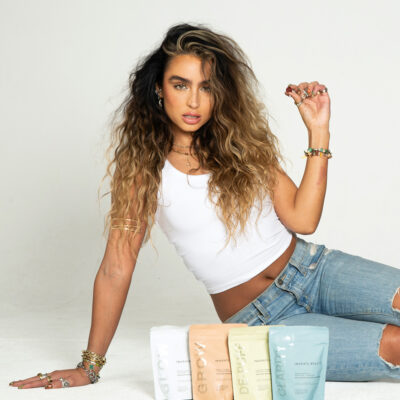
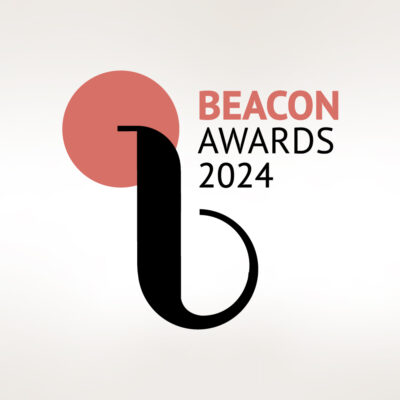
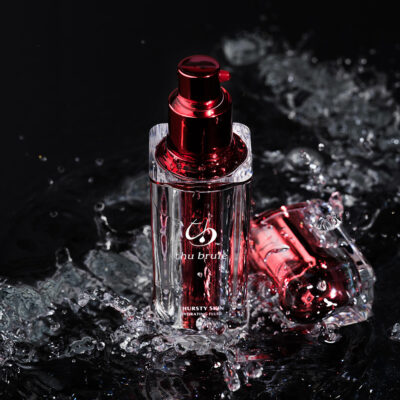
Leave a Reply
You must be logged in to post a comment.